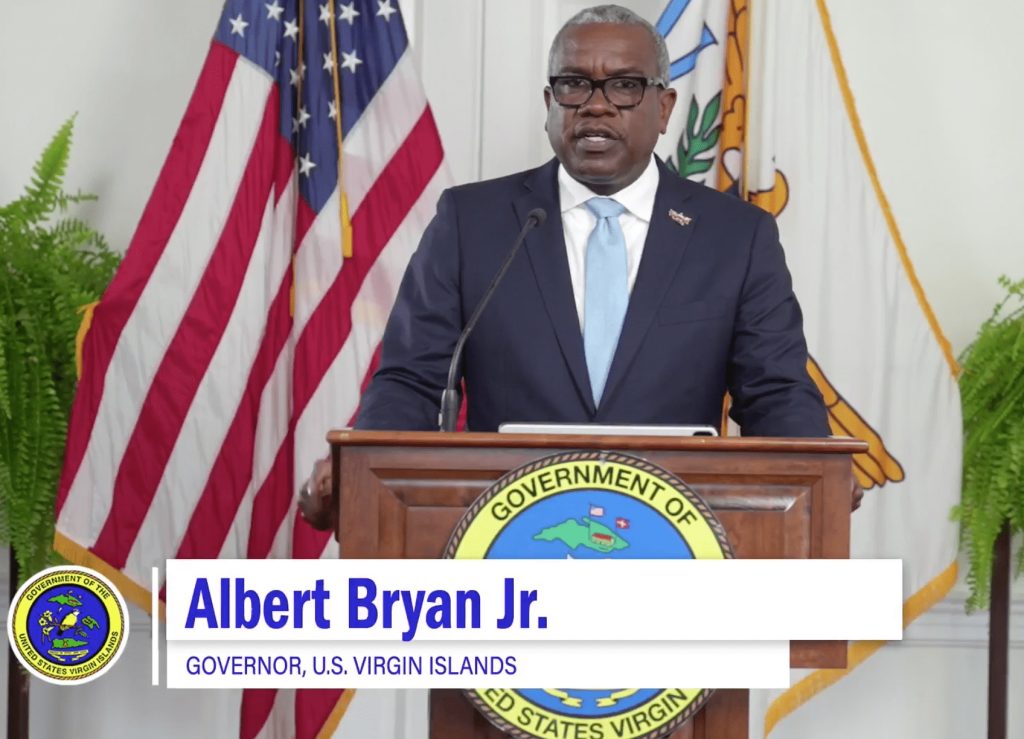The United States Virgin Islands (USVI) is considering imposing a 25% tariff on goods imported from the British Virgin Islands (BVI), along with entry and exit fees for non-Virgin Islanders, in response to drastic fee increases proposed by the BVI government on USVI-based yacht charters.
USVI Governor Albert Bryan Jr. requested an emergency meeting with the Virgin Islands Legislature on Wednesday, February 19 to address the urgent economic and policy concerns surrounding cross-border trade and travel between the neighbouring territories.
BVI’s Proposed Charter Fee Hikes Spark Outrage
According to Bryan, the move comes as a direct response to the BVI’s proposed increase in charter fees that would see overnight fees for USVI yachts jump by 5,900%—from $400 to $24,000—and day sail fees soar by 6,150%, from $200 to $12,500. The changes, set to take effect as early as June 1, have sparked outrage among USVI charter operators, with industry experts warning that the fee hikes could cripple small businesses and drive customers away.
Governor Bryan Pushes for Economic Parity
In his letter to Legislature President Milton Potter, Governor Bryan emphasized the need for swift action to protect the local economy and ensure fair trade practices.
“These measures are intended to address ongoing concerns about economic leakage, regulatory inconsistencies, and the competitive disadvantages currently faced by Virgin Islands businesses and industries,” Bryan wrote.
The governor also stressed that his administration’s proposed tariffs would generate additional revenue for critical infrastructure and public services in the USVI.
Potential Economic Consequences
The proposed tariff adjustments and travel fees could significantly impact the flow of goods and visitors between the USVI and BVI, which have long had strong economic and cultural ties. However, Bryan argues that retaliatory measures are necessary to ensure economic fairness and prevent USVI businesses from suffering due to the BVI’s aggressive policy shift.
Governor Bryan has urged the Legislature to convene as soon as possible to deliberate on the matter, ensuring that any changes are equitable, enforceable, and aligned with broader economic development goals.

